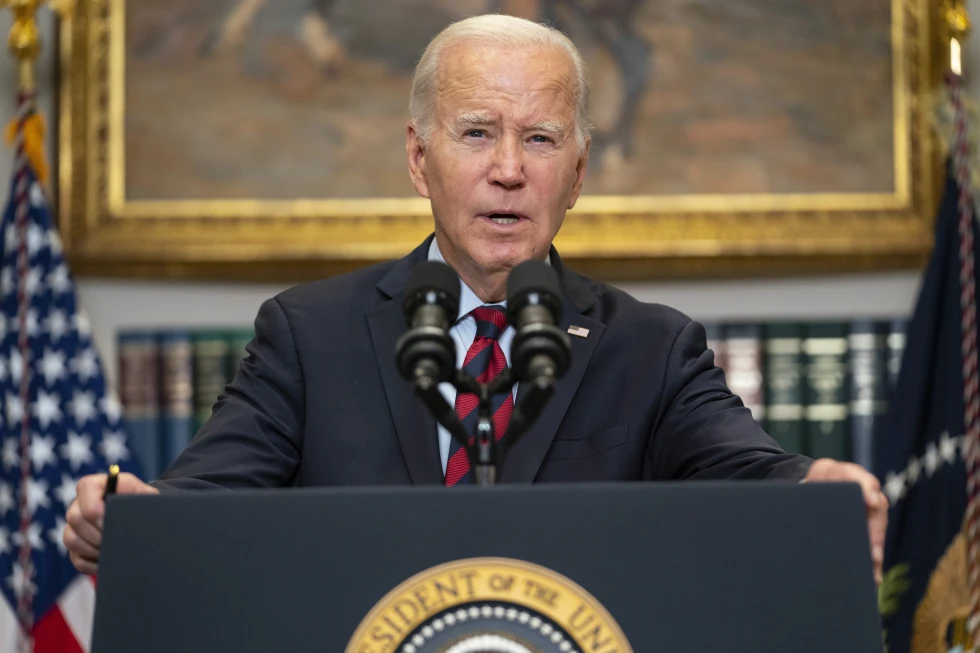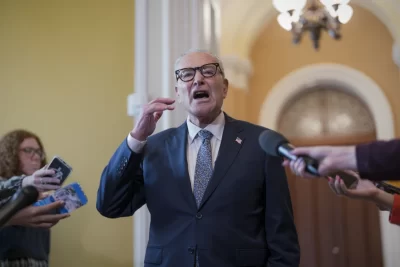
WASHINGTON — President Joe Biden can make an increasingly strong case that he’s helped fix inflation — if only he can get voters to believe him.
Figures issued this past week reflected a historic level of progress on battling high prices, hinting that inflation could be near the Federal Reserve’s 2% target around the time of November’s election. The consumer price index posted an an annual increase of 3.4%, but the prices charged by the producers of goods and services rose a meager 1% over the past year.
Current and former aides say Biden is eager to do more to bring down inflation, after a price surge in 2021 and 2022 crushed his public approval ratings in a way that is dragging down his reelection efforts. They see reasons for optimism with improving consumer sentiment.
The question is whether voters are feeling the improvement and will reward Biden. Or will they penalize him because inflation became a problem on his watch as the U.S. emerged from pandemic shutdowns? The answer could hinge on how people feel about the costs of necessities such as gasoline and eggs.
Leading GOP lawmakers such as Rep. Jason Smith of Missouri, chairman of the House Ways and Means Committee, greeted the latest inflation numbers as evidence that voters are still suffering from high prices: “President Biden’s inflation crisis continues to rob the wallets of working families,” he said.
Former President Donald Trump has told supporters that the inflation under Biden is how “countries die” and that Trump’s return to the White House would mean lower energy costs.
Federal data show that average gas prices did fall below $2 a gallon during Trump’s presidency. But that was in early 2020, during the coronavirus pandemic, when schools and businesses were shuttered, sending the U.S. economy into shock as millions lost their jobs. A historic wave of federal government borrowing steadied the U.S. economy during the deadly pandemic.
In 2021, Biden inherited an economy trapped by uncertainty about the pandemic’s path. He signed a $1.9 trillion aid package, a sum that Republicans and some economists say triggered the upward scramble of inflation, with the consumer price index registering a four-decade high of 9.1% in June 2022.
Past and current Biden administration officials say the decline in inflation since then was a result of a set of choices. Biden gave the Federal Reserve the political space to increase interest rates. He buttressed supply chains and helped stabilize gas prices. At the same time, the historic burst of job growth under Biden has continued. Outside economists said that would be impossible if inflation were to fall.
Starting with Biden himself, the White House rejected the conventional wisdom that millions of workers might need to lose their jobs to cool demand and ease inflation.




